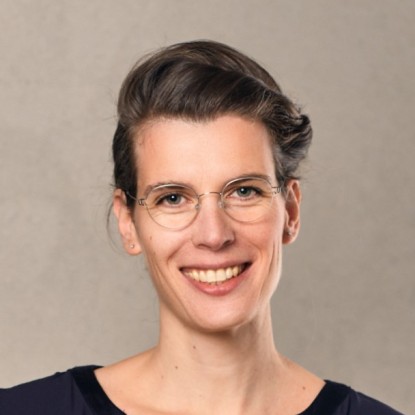Insights into cutting-edge AI research and innovations
Hessen’s Science Minister Timon Gremmels visits hessian.AI
2024/07/24 by Jörg Feuck
The Hessian Minister of Science Timon Gremmels (SPD) visited hessian.AI accompanied by Bijan Kaffenberger (SPD), a member of the state parliament.
The Minister was impressed by the research projects, which also play an outstanding role in the federal government’s Excellence Strategy competition. The innovation potential of the AI start-ups closely associated with hessian.AI also met with keen interest.
After the welcome address by the President of TU Darmstadt, Professor Tanja Brühl, the co-directors of hessian.AI Professor Mira Mezini and Professor Kristian Kersting, provided insights into the diverse work of the center.
Cutting-edge research: RAI and TAM cluster projects
Kristian Kersting and Marcus Rohrbach presented the projects “Reasonable Artificial Intelligence (RAI)” and “The Adaptive Mind (TAM)”. The planned Cluster of Excellence RAI aims to develop a new generation of AI systems with the advantages of reasonable use of resources, data protection and continuous improvement. “The Adaptive Mind (TAM)” examines human behavior under changing external conditions. TAM creates new approaches to understanding and computationally modeling human perception, thinking, decision-making, action and learning.
Exceptional infrastructure
Such complex research projects require high computing power. The unique infrastructure of hessian.AI with the supercomputer fortytwo, the AI Innovation Lab and the AI Service Center provides the ideal framework conditions for the further development and application of AI systems. Florian Kieser, Head of the AI Service Center, presented the three building blocks of the infrastructure and the wide range of further training courses offered by hessian.AI.
Dynamic AI innovation ecosystem Marc Neumann presented his Bird Mapper project.
Timon Gremmels and Bijan Kaffenberger were able to see the great practical benefits of AI systems for themselves in the subsequent demonstrations:
Representing Hessen’s dynamic AI startup system, the founders of the startups Bird Mapper, Energy Roboter and etalytics, who are closely associated with hessian.AI, showed their AI innovations.
Bird Mapper is an AI-based solution for accurately recording bird populations – a contribution to preserving biodiversity. Founder and TU Darmstadt student Marc Neumann developed his idea to market maturity with the support of funding programs from hessian.AI (AI Startup Rising) and TU Darmstadt (Highest). The young company etalytics, founded in 2020, is also committed to sustainability: with its AI-supported software etaONE®, the startup reduces the energy consumption of IT systems. The startup Energy Robotics, which provides autonomous robots for special maintenance work on industrial plants, is already being used successfully around the world.
In addition to the young entrepreneurs, young researchers also presented two pioneering projects: The Llava Guard project, which was created as part of the RAI project, offers a method with which image content in large data sets or from image generators can be filtered, evaluated and offensive content suppressed for the first time using vision-language models.
Minister Gremmels also tested an interactive application of the Occiglot language model using the Furhat language robot: the project aims to create a coherent language modeling system that takes into account all 24 official languages of the European Union as well as other unofficial and regional languages.
The Hessian Center for Artificial Intelligence (hessian.AI), based at the TU Darmstadt, pursues the goal of conducting excellent basic research with practical relevance and promoting the transfer to industry and society. The center, which is funded by three Hessian ministries and involves 13 Hessian universities, combines the expertise of 22 AI scientists and expands it with another 22 professorships. Over the next few years, the center will invest around €40 million in AI computing infrastructures and services for users based on these infrastructures.












